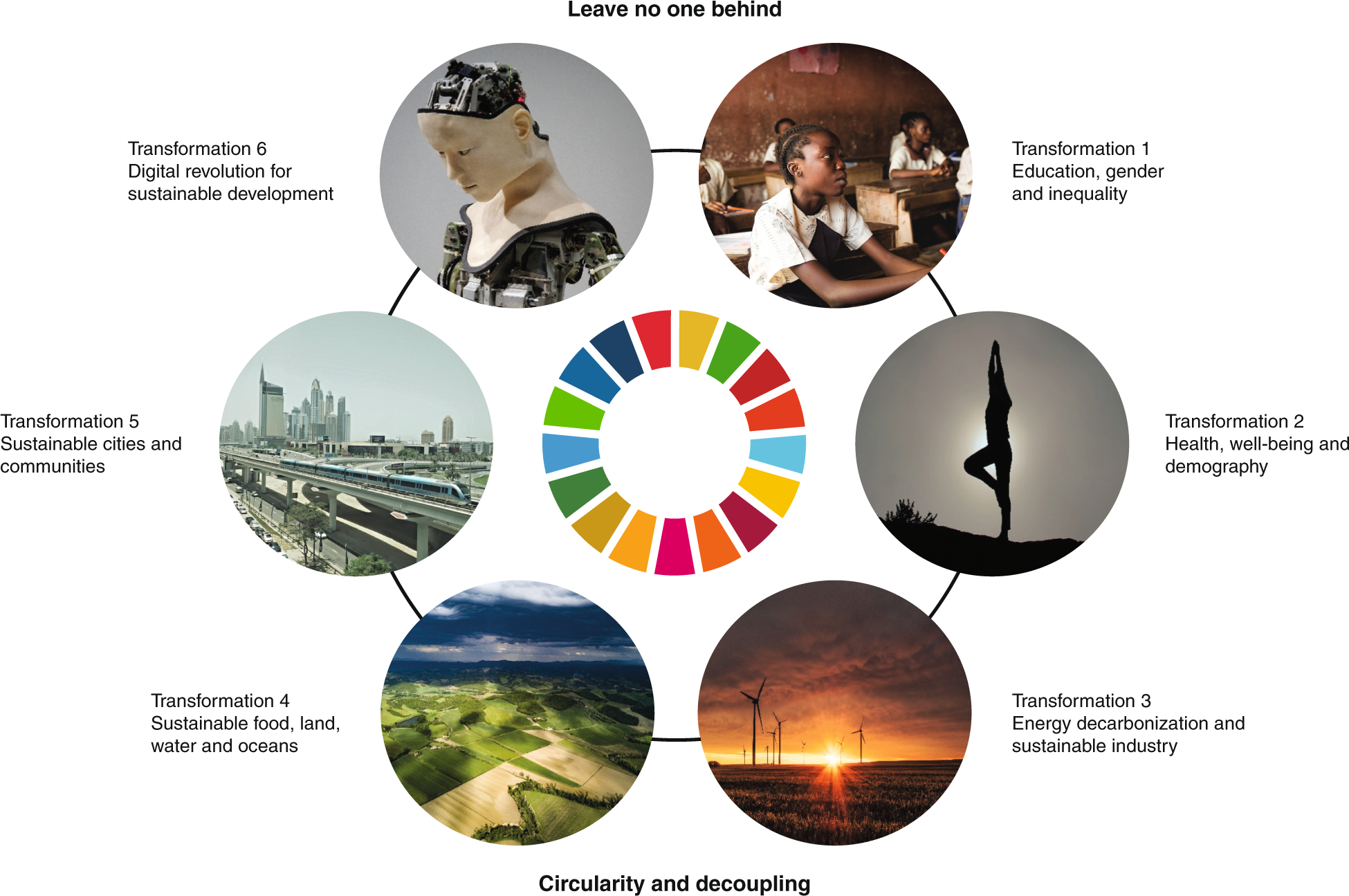Achieving Sustainable Development Goals in India: A Smart Approach
The 2030 Agenda for Sustainable Development, comprising 17 Sustainable Development Goals (SDGs) and 169 targets, is a transformative global agenda adopted by 193 Member States at the UN General Assembly Summit in 2015. To achieve these goals, India plays a crucial role as one-sixth of humanity resides within its borders. Sustainable development must include all people, leaving no one behind, and it is not just about economic growth but building fairer, more equal societies and a safer, prosperous planet.
1. How is India contributing to the SDGs?
India, through the National Institution for Transforming India (NITI Aayog), is leading efforts to coordinate, map schemes related to the SDGs, and identify ministries responsible for each target. State governments are instrumental in ensuring inclusivity and progress, with the UN Country Team supporting their endeavors. India's focus on renewable energy, financial inclusion, and technology facilitation aligns with the SDGs.
2. How are key SDGs being addressed in India?
India's efforts are aligned with key SDGs such as eradicating poverty, ensuring zero hunger, providing good health and well-being, promoting quality education, and achieving gender equality. Additionally, the country is addressing climate action, clean energy, and sustainable cities and communities, among others.
3. How is technology facilitating sustainable development in India?
Prime Minister Narendra Modi highlighted the role of technology and innovation in achieving SDGs. Emphasizing renewable energy and sustainability, the government targets 175 GW of renewable electricity in the next seven years. Technological advancements, financial inclusion, and a focus on empowering individuals, including women, are driving India's development agenda.
4. How does India's culture contribute to sustainable development?
India's cultural perspective recognizes the world as a family, fostering a sense of responsibility towards environmental preservation. The emphasis on climate justice, education, and skill development aims to empower the poor and build a sustainable future for generations to come.
5. How can international cooperation further India's sustainable development?
Prime Minister Modi stressed the importance of international cooperation to tackle global challenges. Coordinated policies, mutual support, and a genuine partnership are essential for success. India's efforts to address the SDGs mirror its development agenda, emphasizing eradicating poverty and sustainability.
India's commitment to the SDGs is crucial in achieving a more inclusive, sustainable world. By embracing technology, renewable energy, and cultural values, India is striving to make a positive impact on global development. International cooperation and partnerships are pivotal in ensuring that these efforts result in a better, more hopeful future for everyone around the world.

